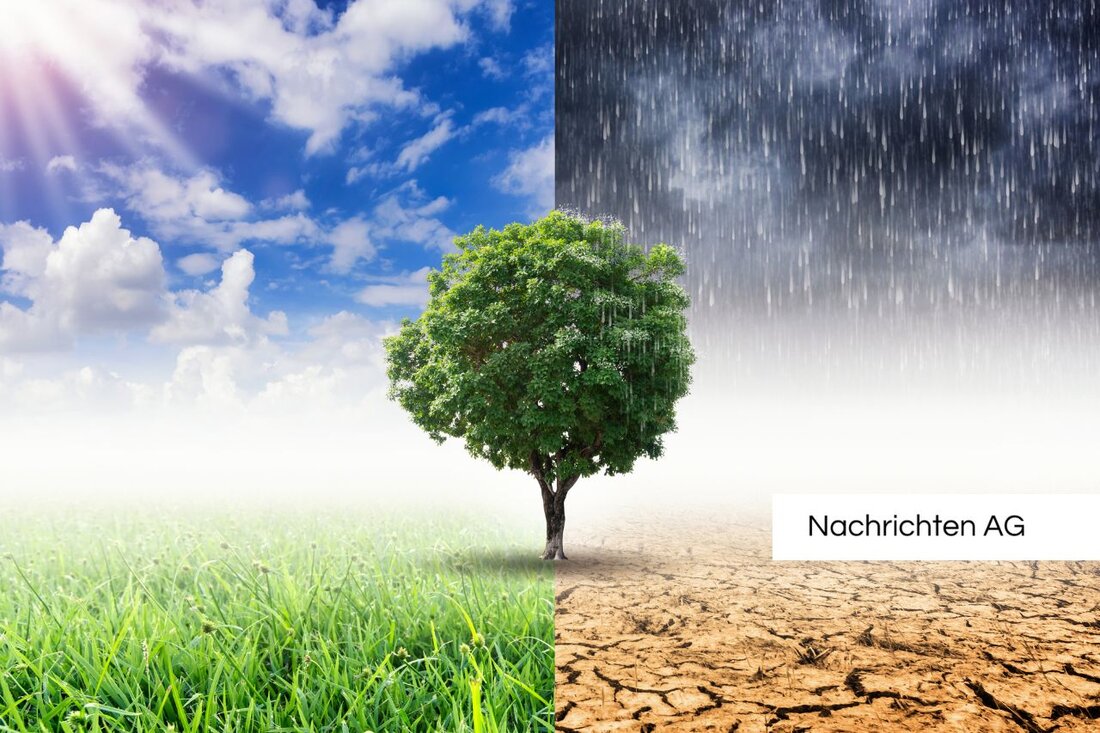Dresden becomes a hotspot for climate innovations: New CREST hub founded!
Dresden University of Technology and UNU-FLORES establish CREST hub to promote climate protection and resource efficiency.

Dresden becomes a hotspot for climate innovations: New CREST hub founded!
On April 8, 2025, the Technical University of Dresden (TUD) and the United Nations University UNU-FLORES signed a significant memorandum of agreement to establish the UNU Hub for Climate Resilience and Sustainable Technologies, known as CREST. The signing took place as part of the Dresden Nexus Conference 2025, which will be held in Dresden from April 8th to 10th and brings together participants from over 75 countries.
The CREST Hub aims to establish an international network for the development of innovative solutions to the challenges of climate change. The hub will combine the expertise of TUD and UNU-FLORES, particularly in the areas of engineering and environmental sciences.
International cooperation for climate protection
The relevance of international cooperation in combating climate change and the scarcity of natural resources, especially water, was emphasized by TUD Rector Prof. Ursula Staudinger. The CREST Hub is also intended to promote innovative learning programs that focus on resource efficiency and climate protection. These programs will train future engineers and policymakers.
A central concern of the CREST Hub is interdisciplinary research, which is intended to form the basis for climate-resilient infrastructures, adaptive water management and circular technologies. The hub aims to build a bridge between science and practice. This is intended to ensure that technological innovations are implemented in practice and have an impact.
CREST will act as a central place for exchange between disciplines, institutions and continents. UNU-FLORES, which has been based in Dresden since 2012, is intensively dedicated to research and training in the area of integrated resource management.
Dresden Nexus Conference and its significance
The Dresden Nexus Conference itself represents a platform to promote the sustainable development agenda and brings together various actors applying a nexus approach to resource management. Participants include, among others, researchers, decision-makers, university representatives, and stakeholders from the private sector and civil society.
The current discussions focus not only on research and initiatives that promote the nexus approach, but also on the need to achieve the Sustainable Development Goals (SDGs). The conference series is organized in cooperation with the United Nations University Institute for Integrated Management of Material Fluxes and of Resources (UNU-FLORES), the Technical University of Dresden and the Leibniz Institute for Ecological Spatial Development.
Beyond the Dresden Nexus Conference, the need for close collaboration between socio-technical and social-ecological disciplines for sustainable transformations in sectors such as energy, mobility and nutrition will be emphasized. These topics were also addressed in a special issue entitled “Sustainability Transitions in Consumption-Production Systems”, published by several renowned institutions, including the University of Manchester and Harvard University.
Innovations play a crucial role in these processes, which go far beyond technological or economic explanations. The discursive exchange at conferences like the DNC and initiatives like the CREST Hub underline the urgency and complexity of sustainable development processes.
Overall, the developments of the last few days show how important interdisciplinary collaboration is for overcoming global challenges and what potential lies in innovation networks like the new CREST Hub.

 Suche
Suche
 Mein Konto
Mein Konto